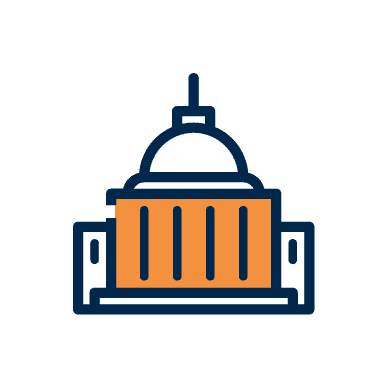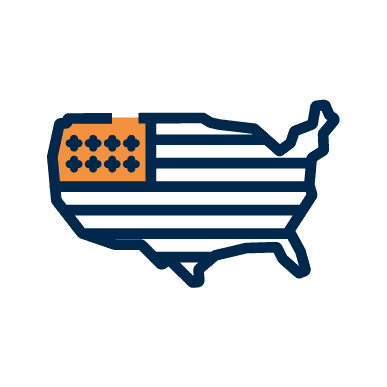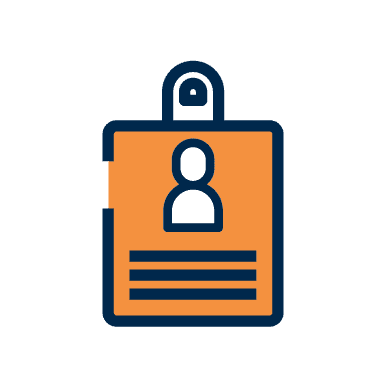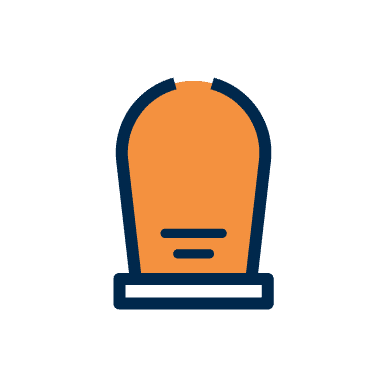A New Era of Enhanced Safety and Accountability
Effective January 1st, 2024, Washington’s in-home care landscape will undergo a transformative shift towards enhanced safety and accountability. The implementation of stringent federal risk-based screening for all caregivers serving Medicaid clients signifies a proactive approach to safeguarding vulnerable individuals, fostering trust, and propelling the industry towards a higher standard of quality.
A Comprehensive Approach to Safeguarding Vulnerable Individuals
This new mandate, outlined in DSHS Management Bulletin H23-084, necessitates comprehensive background checks against three federal databases:
- Office of Inspector General List of Excluded Individuals/Entities (LEIE): This database identifies individuals barred from participating in Medicare and Medicaid programs due to fraud, abuse, or neglect.
- System for Award Management (SAM): This database lists companies and individuals deemed ineligible to receive federal contracts due to various violations.
- Social Security Administration Death Master File (SSDMF): This database ensures deceased individuals are not employed as caregivers.
Navigating the Operational Crossroads for Home Care Agencies
For Home Care Agencies, this marks a paradigm shift in operational protocols. Engaging in meticulous database screening, establishing internal processes for information management, and navigating potential budgetary adjustments are just some of the challenges to be addressed. However, these measures pale in comparison to the immeasurable return on investment: building robust safeguards against potential risks and guaranteeing the highest level of service integrity.
A Collaborative Journey for Individual Caregivers
Individual Caregivers are integral partners in this transformative journey. Cooperating with the background check process demonstrates a commitment to ethical practice and reinforces trust with clients and employers. Proactive engagement with this vital initiative not only strengthens personal reputation but also contributes to the greater good of fostering a more secure care environment for all.
Transparency and Confidence for a Secure Future
As Consumers entrust their loved ones to in-home care providers, transparency and confidence are paramount. While temporary service disruptions may occur in the initial stages of adapting to the new regulations, the long-term benefits are undeniable. A more rigorous screening process translates to minimized risks, enhanced peace of mind, and a renewed sense of trust in the in-home care system.
Taking Action for a Stronger Future
The urgency of this initiative cannot be overstated. Home Care Agencies should:
- Prioritize implementation planning: Develop a clear roadmap for compliance, identify vendors for database access, and allocate dedicated resources.
- Secure access to database screenings: Establish partnerships with database providers or subscription services to ensure timely and effective background checks.
- Allocate necessary resources: Budget for potential software upgrades, administrative personnel, and any additional costs associated with compliance.
Caregivers should:
- Familiarize themselves with the process: Understand the required documentation, deadlines, and procedures for cooperating with the background checks.
- Readily provide required documentation: Gather and submit personal information and identification documents promptly to facilitate a smooth screening process.
- Maintain open communication: Stay informed about updates and potential changes related to the new regulations.
Consumers should:
- Engage with their chosen agencies: Inquire about their compliance plans, timelines, and potential service disruptions.
- Offer support and understanding: Acknowledge the challenges agencies face in adapting to the new regulations and express appreciation for their commitment to safety.
- Remain informed: Stay updated on developments and resources related to the new background check requirements.
A Collective Commitment to a Brighter Future
Navigating this paradigm shift requires collaborative action, proactive planning, and a unwavering commitment to safety and quality. By working together, Washington’s in-home care community can emerge from this change not merely compliant, but stronger, more accountable, and better equipped to deliver the highest standards of care to our most vulnerable citizens.
Additional resources:
- DSHS Management Bulletin H23-084
- Office of Inspector General List of Excluded Individuals/Entities (LEIE)
- System for Award Management (SAM)
- Social Security Administration Death Master File (SSDMF)
Let us embrace this transformative shift with optimism and purpose, knowing that our collective efforts will build a brighter future for Washington’s in-home care landscape.




































